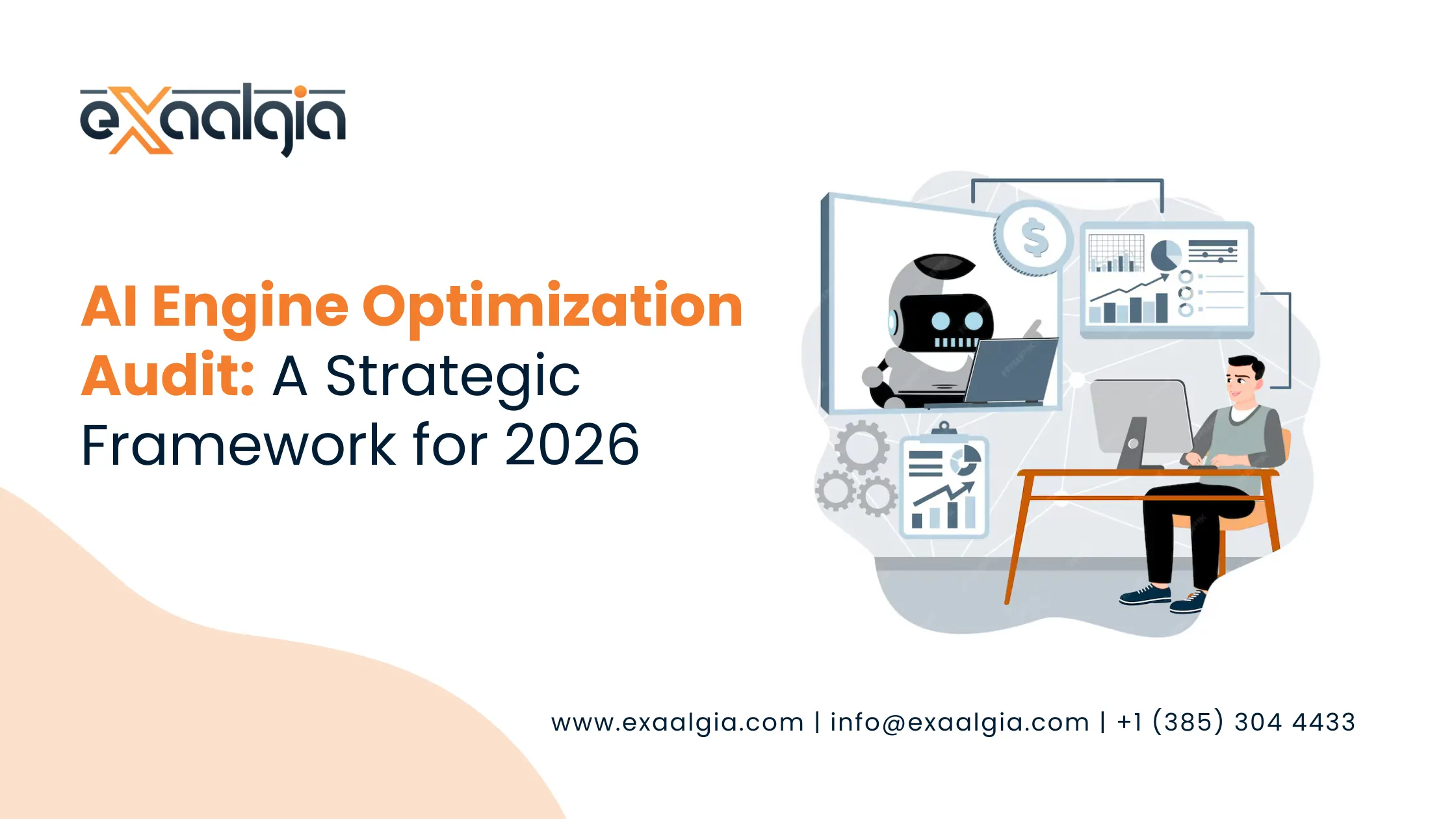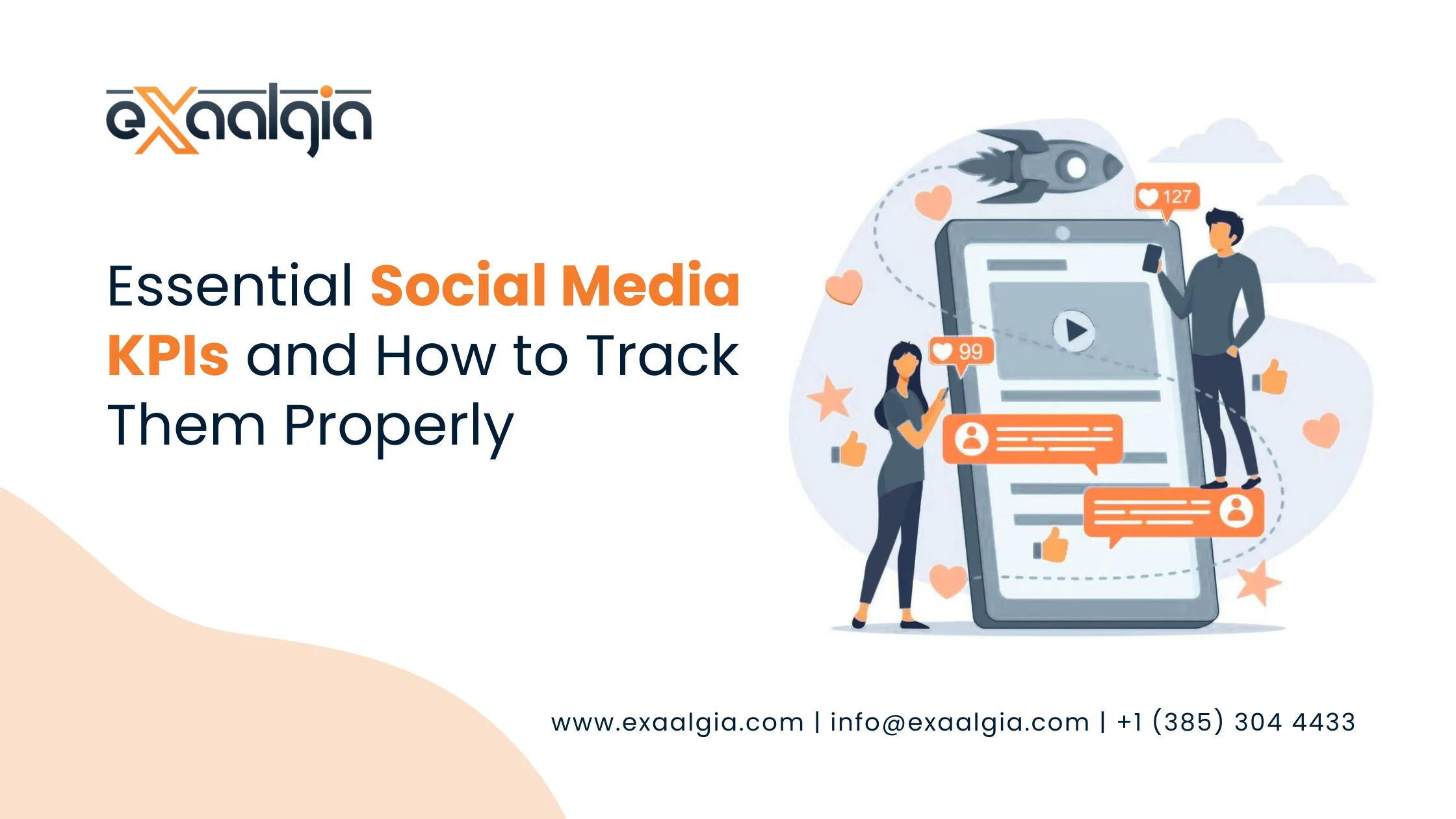Search in 2025: It’s Not Just About Google Anymore
For years, Google was the center of SEO. But things are different now. Today, search happens across multiple platforms. Google handles only about 20% of searches globally. The rest? Platforms like Amazon, Instagram, TikTok, and even AI tools like ChatGPT and Gemini are gaining massive ground.
Why does this matter? Because users search differently on each platform. On Amazon, they’re hunting for products. On Instagram, it’s about discovering content. And with chatbots, they want instant answers. To succeed in 2025, you can’t just optimize for Google—you need to show up across all these platforms. Digital Marketing Agencies like Exaalgia can help businesses navigate this evolving landscape.
SEO Is Still a High-ROI Strategy
If you’re wondering whether SEO is still worth the investment, the answer is a resounding yes. SEO delivers a high return on investment when done right. But it’s no longer just about keywords or rankings—it’s about creating truly valuable content that meets specific user needs.
New websites can also benefit from SEO, though they might see slower results than established sites. The key is to create content tailored for user intent, build trust for your brand, and maintain consistency across platforms. Partnering with a trusted provider like SEO Services USA can make a significant difference in achieving measurable results.
Search Everywhere Optimization: The New SEO Approach
Modern search behavior is multimodal. People use multiple platforms and devices for a single task. For instance, they might start by exploring a product on Instagram, read reviews on Reddit, and then complete the purchase on Amazon. This means your SEO strategy should extend far beyond traditional Google search.
Here’s what to focus on:
- Visual Search: Tools like Google Lens are used billions of times a month. Ensure your products and images are tagged and optimized.
- Voice Search: Younger generations are increasingly leaning on voice commands. Tailor your content to suit conversational queries.
- AI-Focused Search: AI tools are mainstream now, integrating with services like Bing and ChatGPT. Keep content direct and well-structured to be picked up by AI responses.
Content Quality Over Volume
Long gone are the days of stuffing keywords into massive 2,000-word articles just to rank. Today, it’s about brevity and clarity. Users—and search engines—prefer concise, informative content over wordy, fluff-filled pieces. That doesn’t mean long-form content is obsolete, but it should only be as long as necessary to fully answer the query.
Here’s how to refine your content game for 2025:
- Keep It Fresh: Refreshing old, high-performing blog posts can bring better results than creating new content.
- Match User Intent: Understand exactly what users want when they search. Answer their questions in a direct, helpful way.
- Emphasize Experience: Add relatable, first-hand insights to your writing. It adds authenticity that AI can’t replicate.
Build Authority Through Trust and Engagement
Building trust is more than just getting backlinks. It’s about showing users—and search engines—that your brand delivers value. Here’s how:
- Create High-Quality Backlinks: Earn links from trusted websites with real traffic. Avoid low-quality spam sites.
- Leverage Reviews: User reviews and mentions can boost your credibility on multiple platforms.
- Participate in Conversations: Engage with your audience on forums, social media, and even user-generated content on your website.
Authority also requires consistency. Your name should pop up in the right contexts—whether it’s on Reddit threads, YouTube videos, or LinkedIn discussions. Companies like Exaalgia understand the importance of building a brand’s authority to achieve long-term success.
The Rise of Visual and Conversational Search
Search engines and AI tools are leaning heavily into visuals and conversation. Google Lens, for example, is growing at a rapid pace, helping users find products or troubleshoot issues visually. Similarly, AI-driven responses in search focus on providing easy-to-understand answers.
How to stay relevant?
- Optimize Visuals: Use original images with descriptive tags and metadata.
- Provide Conversational Answers: Understand how users phrase queries conversationally and address their needs directly.
- Make It Easy to Navigate: Speed, simplicity, and logical organization are key to keeping users on your site.
Harnessing Trends and Social Media
New trends don’t always start on Google. Platforms like TikTok and Instagram are often ahead of the curve. For example, a fashion trend like “quiet luxury” may trend on TikTok before it gets significant Google search volume. If you’re watching social media, you can create content before the wave even hits search engines.
Tools like Reddit and Quora can also give clues about what topics are bubbling up. If forums rank for targeted keywords, there’s likely demand for more authoritative content on that topic. Digital Marketing Agencies specializing in trend analysis can provide invaluable insights.
Refresh Over Rewrite
Your existing content is a goldmine. Instead of constantly creating new content, focus on updating older posts. Add new information, tweak outdated stats, and improve clarity. This keeps your content relevant and helps maintain rankings.
Data shows that refreshing content can drive organic traffic growth better than brand-new content in some cases. Prioritize your top 20% performing pages—they likely deliver 80% of your results.
Don’t Ignore Bing and Other Alternatives
Yes, Google is still king. But Bing’s growing integrations with AI tools like ChatGPT and Microsoft Co-Pilot make it impossible to ignore. Bing’s real market share is much higher than it seems because of these integrations.
Optimizing for Bing also helps future-proof your content for AI platforms. Since Bing powers much of ChatGPT’s functionality, getting it right there can lead to better visibility on AI-driven tools.
The Key to SEO Success in 2025
To stay ahead in SEO in 2025, you need to adapt to the ever-changing search landscape. Here’s a quick recap:
- Be Everywhere: Optimize for Google, social platforms, AI tools, and beyond.
- Focus on Content Quality: Update and expand proven content, prioritize user intent, and add unique insights.
- Leverage Trends: Track what’s trending on social media and forums to create timely, relevant content.
- Build a Brand: Authority takes time, but it’s essential. Users and search engines reward trusted names.
Search is evolving, but one thing stays constant: delivering value to users always wins. By focusing on helpful content, staying nimble with trends, and expanding your reach beyond Google, you’ll stay ahead of the curve. Start implementing these strategies now, and SEO in 2025 will be your strongest driver of growth.
Frequently Asked Questions
1. Why is SEO still relevant in 2025?
SEO remains relevant because it consistently delivers high ROI by improving visibility, driving organic traffic, and meeting user intent across platforms.
2. How can businesses optimize for AI-powered search tools?
To optimize for AI-powered tools, create structured, direct, and concise content. Ensure your website is fast, accessible, and user-friendly.
3. What role does social media play in SEO?
Social media drives trends and can help identify content opportunities before they gain traction on traditional search engines. It also builds brand authority and engagement.
4. Should businesses focus on platforms other than Google?
Yes, platforms like Bing, Amazon, and TikTok are increasingly important as search diversifies. A holistic SEO strategy should encompass multiple platforms.
5. How often should I refresh my content?
Refresh your top-performing content every 6-12 months. Update outdated information, add new insights, and improve formatting for better engagement.







